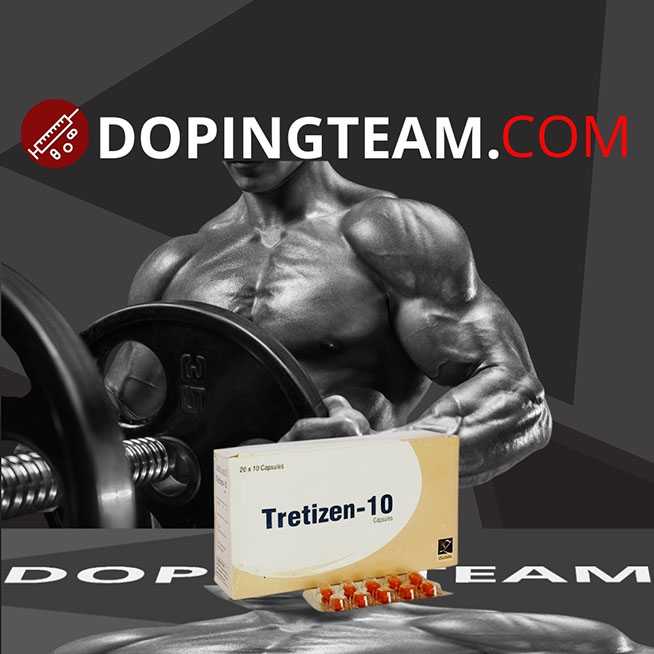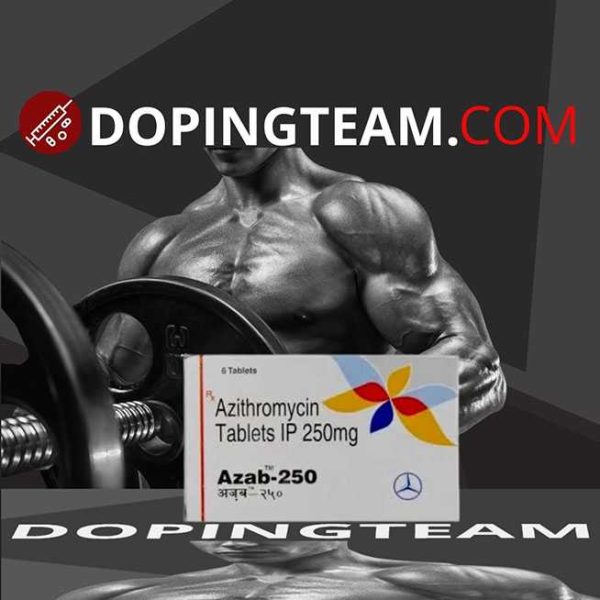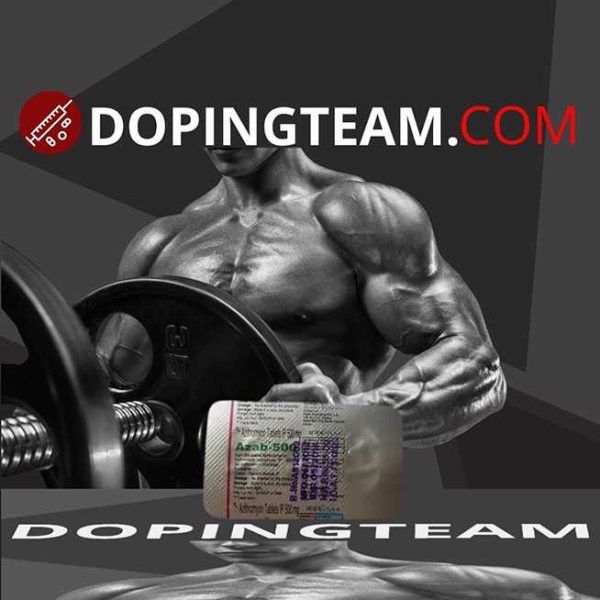Description
Tretizen 10 – Isotretinoin (13-cis-Retinoic acid) is a prescription medication that is used in the treatment of the most severe forms of acne – acne – especially nodal cystic acne, if other methods of treatment, including antibiotics, have not yielded results.
Nodular (cystic) acne is an acne that is a red inflamed knoll in the skin that can leave scars. This form of acne sometimes does not respond to any treatment other than retinoic acid. But even this drug cleanses the skin for a long period of time.
“Accutane” – the most famous drug of retinoic acid, is banned in many countries. But there are other drugs that are still used in dermatology – Amnesty, Roaccutane, Claravis, Sotret.
Tretizen 10 (Isotretinoin) is one of the retinoids, i.e. drugs associated with vitamin A . Therefore, taking this medication (and other retinoids) during pregnancy can lead to very serious congenital defects in the fetus or miscarriage.
Women who are already pregnant or plan to become pregnant in the near future, who are engaged in unprotected sex or breast-feeding, categorically can not take retinoic acid.
Application of the Tretizen 10 to pregnant and lactating women
The first drug retinoevoy acid – “Accutane” – was released in 1982. Before it was approved, studies have shown that the drug causes birth defects in animals. Therefore, the manufacturer Akkutana (Roche Pharmaceuticals, a division of Hoffmann-La Roche Inc.) warned against its use of pregnant women.
Before you start taking the drug, a woman of childbearing age must necessarily discuss with the attending physician who has experience in the treatment of retinoic acid, is it suitable for this particular drug. In addition to birth defects in the fetus, retinoids can cause serious side effects in the woman herself. The most common side effect is a mental health disorder.
If the treatment does not work without Tretizen 10, the woman should take the following precautions:
- Before treatment:
- make a double pregnancy test and visit a gynecologist to make sure that there is no pregnancy;
- Read patient information containing a complete list of possible complications and side effects caused by this drug and give written consent for the treatment;
- use two highly effective methods of contraception , and start using them no later than a month before the planned start of treatment. You need to be protected during the course of treatment and at least 1-2 months after the end of treatment.
- During treatment:
- every month to repeat pregnancy tests, in which case it could be interrupted at an early date;
- visit the doctor once a month for a new prescription;
- continue to use reliable contraception.
- After treatment:
- make a pregnancy test after taking the last dose of the drug;
- at least for 1-2 months continue to be protected, in order to rule out the probability of pregnancy;
- make another pregnancy test one month after taking the last dose of the drug.
If the pregnancy against the background of the drug still occurs, the woman, along with her doctor, will have to decide on the fate of the pregnancy. But WHO doctors recommend that these pregnancies be interrupted, because in 99% of the child is born with serious pathologies caused by taking the drug.
Women should not breast-feed while using retinoic acid and within 1 month after stopping the drug because it is not known whether it can harm the baby.
Precautions for taking Tretizen 10
Most women take the drug for about 4 to 5 months. During the course of treatment it is necessary to avoid certain drugs and medicinal (including herbal) supplements:
- St. John’s wort is a herbal preparation that reduces the effectiveness of the contraceptive pill , thereby exposing a woman to an increased risk of pregnancy.
- Tetracycline – this antibiotic may increase the risk of serious side effects from taking retinoic acid, especially such as increased intracranial pressure.
- Phenytoin (Dilantin) is an anticonvulsant drug that, when taking retinoids, weakens the bones.
- Corticosteroids – these medications used to treat arthritis, severe asthma and a number of other diseases, can also lead to weakening of the bones when taken together with retinoic acid.
- Mini-pills (birth control pills containing only progestin) with simultaneous reception with retinoids almost completely lose their effectiveness, and the woman is at very high risk of becoming pregnant.
- Vitamins and supplements containing vitamin A (retinol) significantly increase the risk of serious side effects.
Women and men who take isotretinoin can not be blood donors when taking the drug and within 1 month after the end of treatment, because the drug can cause birth defects in the child if such blood is transferred to a pregnant woman.
Congenital defects caused by the use of Tretizen 10
There is a very high risk of birth defects in a child if his mother takes retinoic acid during pregnancy even if she takes it in small amounts and for a short period of time.
The most frequent congenital defects on the background of taking retinoids are:
- hydrocephalus (cerebral edema (fluid filling space in the brain);
- microcephaly (small head and brain);
- mental retardation;
- anomalies of the organs of hearing and sight;
- wolf mouth, cleft lip and other anomalies of facial structure;
- heart diseases.
Retinoic acid can cause birth defects in the first weeks after conception, when a woman generally may not know that she is pregnant. Even children born without obvious birth defects may in the future have limited mental capacity or face great learning difficulties.
The drug also increases the risk of premature birth and death of the child.
Safe anti-acne medications for women of childbearing age
Most women with acne for the treatment of skin problems are treated with safer local preparations that are applied directly to the skin, or oral medications, but not as serious as Tretizen 10. Local drugs (such as benzoyl peroxide), erythromycin or clindamycin antibiotics are a safer choice during pregnancy.
If local drugs do not cope with the task, the doctor can prescribe oral antibiotics (most often – erythromycin), which were not associated with birth defects. If a woman does not plan pregnancy, then the use of oral contraceptives can help her in the treatment of acne.
There are also several retinoids (topical retinoids) that are used to treat sun damaged skin and acne, in the form of creams and ointments for topical application. These include tretinoin (Retin-A, Renova, Airol), adapalene (Differin, Clenzite), and tazarotene (Tazorak). But it can not be ruled out that a small amount of these drugs can be absorbed through the skin into the blood.
Studies show that topical retinoids do not cause birth defects. But until it becomes known more about the safety of taking such drugs during pregnancy, it is best for pregnant women and pregnant women planning to avoid them.


